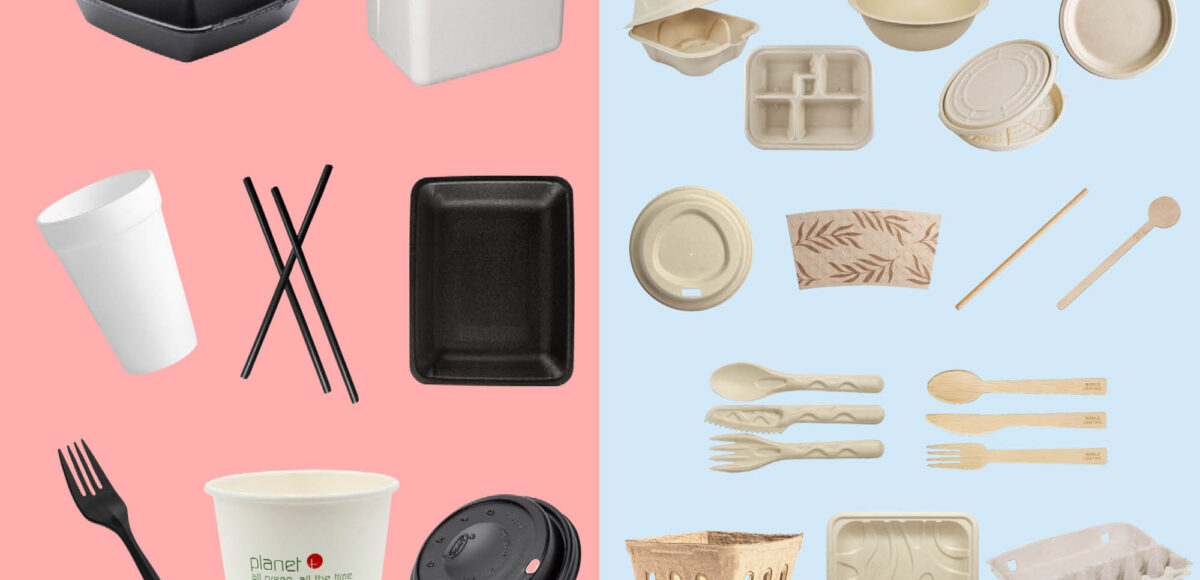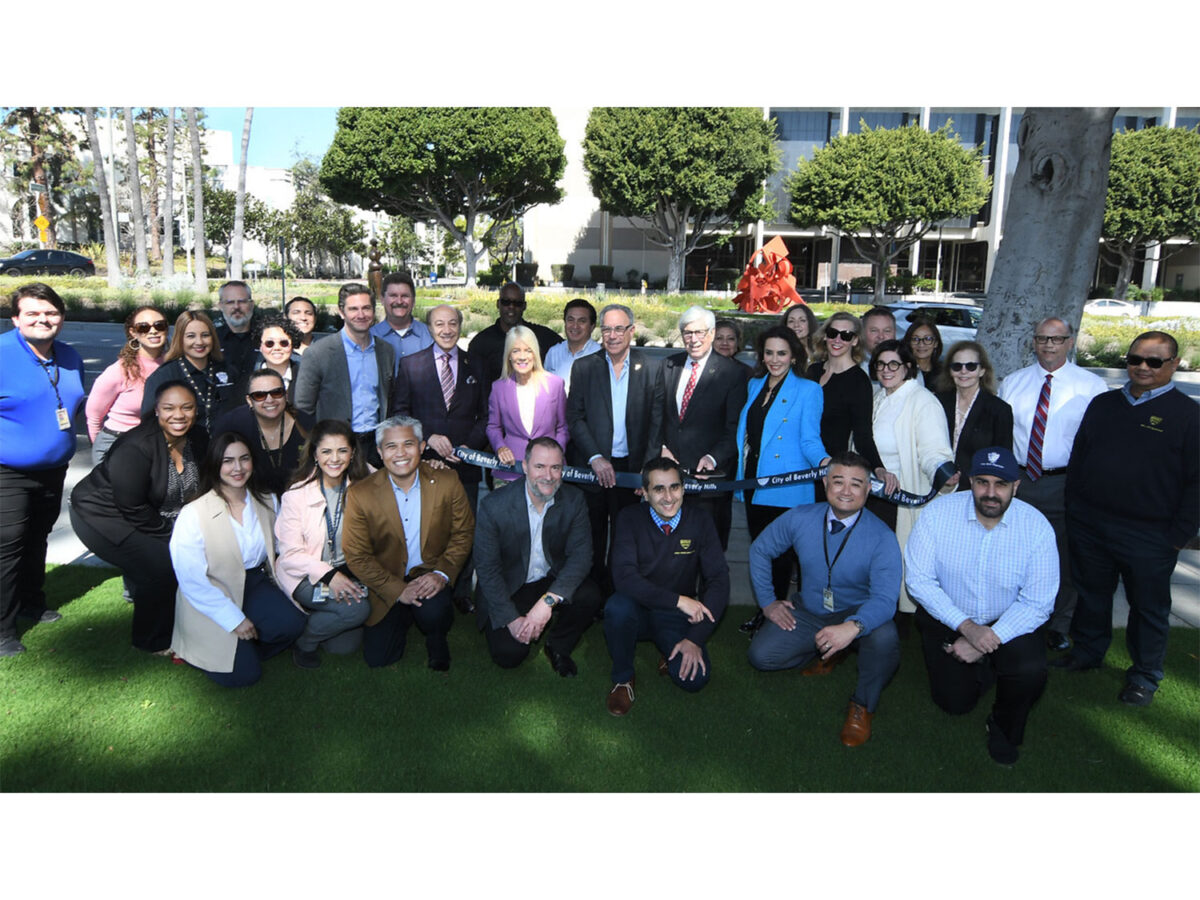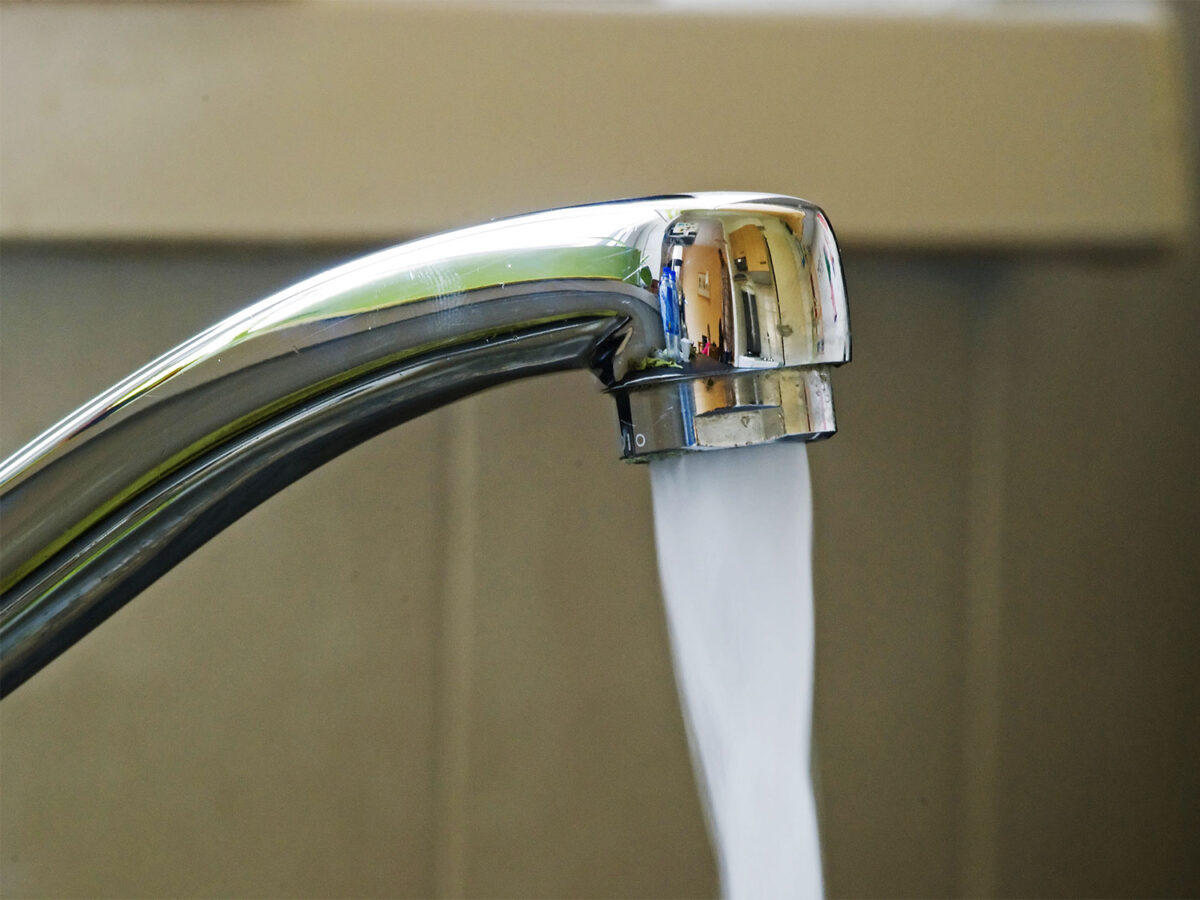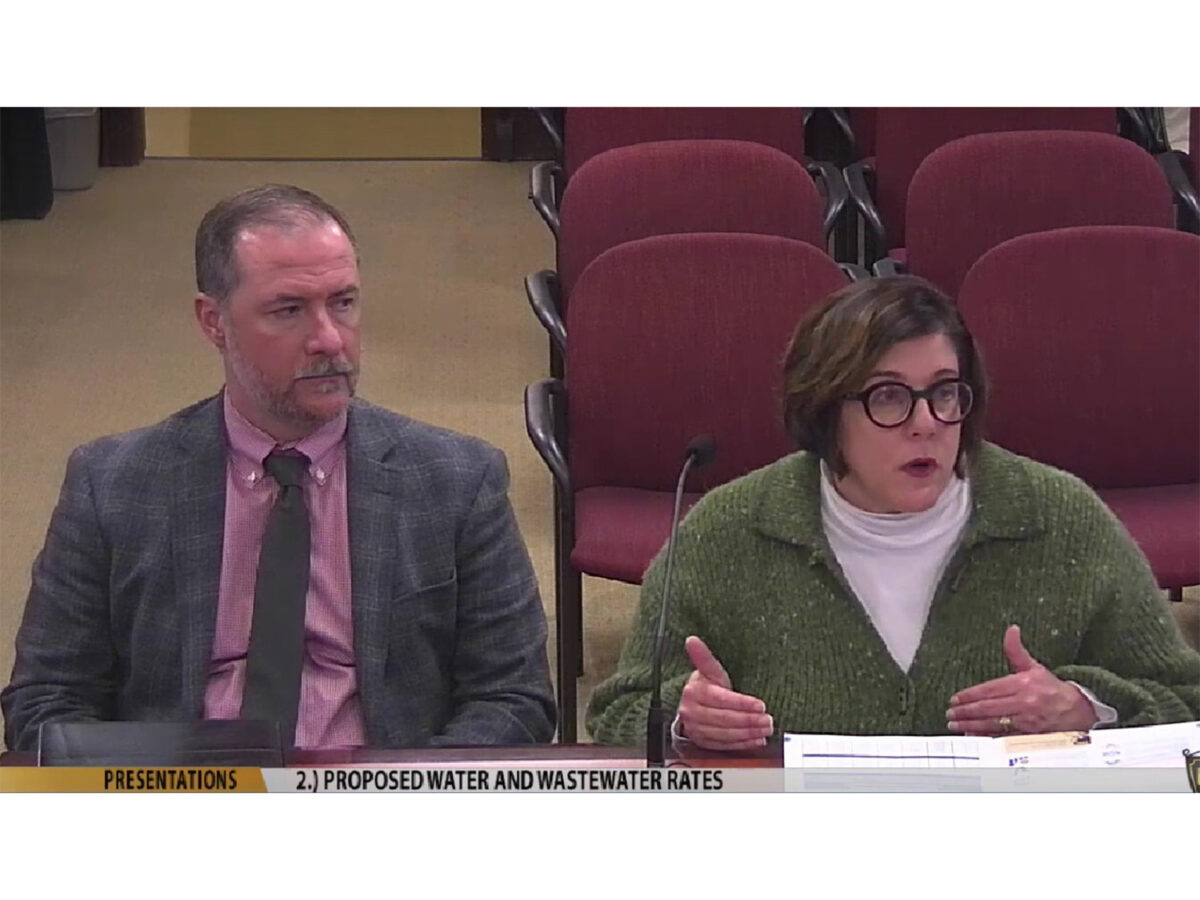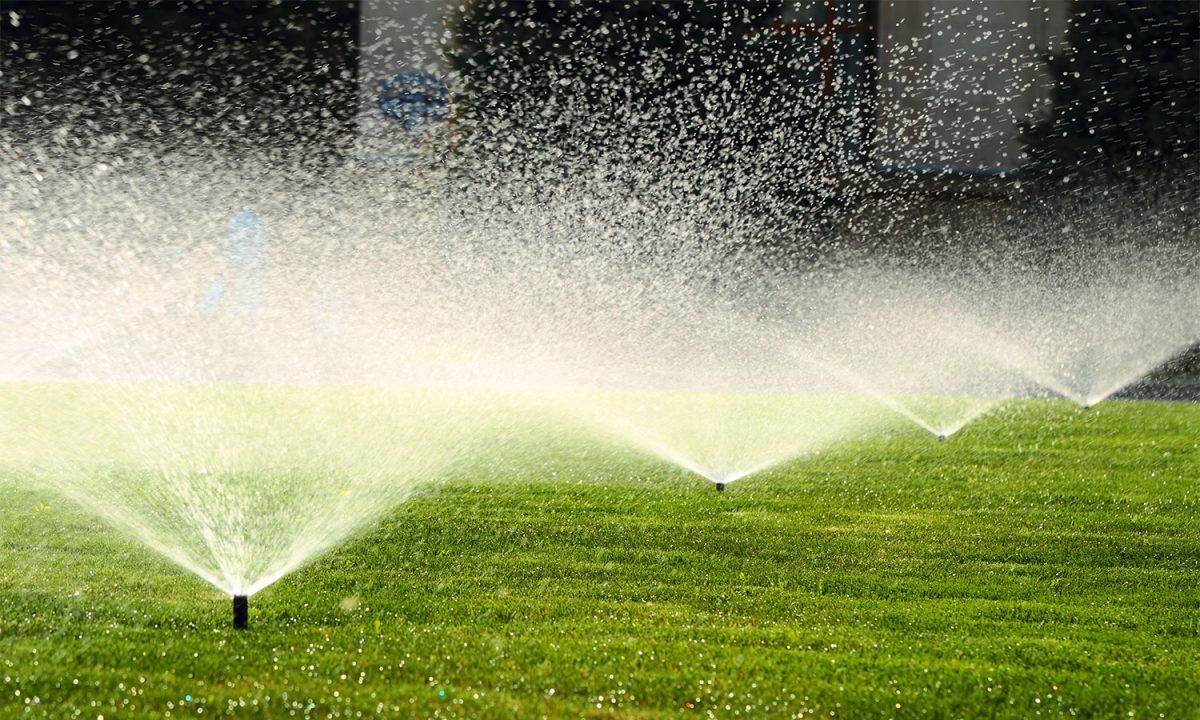In a Monday Study Session, the City Council discussed two policy proposals designed to improve sustainability by reducing foodware waste and conserving groundwater.
The first ordinance would ban all food service providers in the city from using plates, cups and utensils made of non-recyclable or compostable materials like Styrofoam and certain types of plastic. The second ordinance would create new guidelines for single-family households to reuse their groundwater for beneficial purposes such as irrigation.
Council was strongly in favor of both ordinances, which are the product of many months of close consultation with stakeholders. The new rules will come before councilmembers for formal approval in an upcoming City Council meeting.
The goal of the foodware ordinance is to reduce the amount of single-use plastic and Styrofoam that end up in the city’s waste stream. These products require a significant amount of fossil fuels to produce and pollute streets, waterways and ecosystems by breaking down into hazardous microplastics.
The ordinance requires that all food service providers transition to recyclable plastics and/or compostable foodware. This applies to restaurants, bars, coffee shops, grocery stores, supermarkets, convenience stores, school cafeterias, hospitals and nursing facilities, food trucks and farmers markets stands.
Full-service restaurants will be required to use reusable utensils for dine-in orders and third-party food delivery services will be required to let customers select which, if any, to-go utensils they would like to accompany their order.
If approved, the rules would be phased in for different business types between March 2025 and 2026.
“Thank you to the Public Works Commission and to staff,” said Councilmember Sharona Nazarian. “This (ordinance) has a special place in my heart because I brought it to the Public Works Commission when I was a commissioner, so it’s really exciting to be able to see that it’s finally coming to fruition.”
The foodware ordinance also has several components to help small businesses adapt.
Businesses that face economic hardship from the new guidelines can apply for a waiver or one-year extension to come into compliance. In addition, small businesses can sign up for the “early adopter program” and receive $500 worth of compostable foodware materials from the city.
The second ordinance discussed during the Study Session pertains to the collection and use of groundwater, which is water found underground in the cracks and spaces in soil and rocks.
The city currently requires that commercial properties and multifamily housing complexes with groundwater either collect and reuse this water or pay a replenishment fee to discharge it to the stormwater drainage system.
The new ordinance would expand these requirements to single-family properties in order to encourage the beneficial reuse of this water. Potential uses include irrigation, decorative fountains or cooling towers.
“I do think this is a really important thing,” said Mayor Dr. Julian Gold. “There’s a lot of water in that ground that we’re not using, so to the best extent that we can recapture it, I think it makes a lot of sense.”
To capture the water, properties must install subterranean collection systems. Homeowners can then decide if they want to reuse this collected water or pay the replenishment fee to release it in stormwater drains.
The rules would only apply to newly constructed single-family homes or to remodels that affect 50% or more of the property. Existing homes would not be required to install these systems, but they would be encouraged to do so for the sake of water conservation and sustainability.



